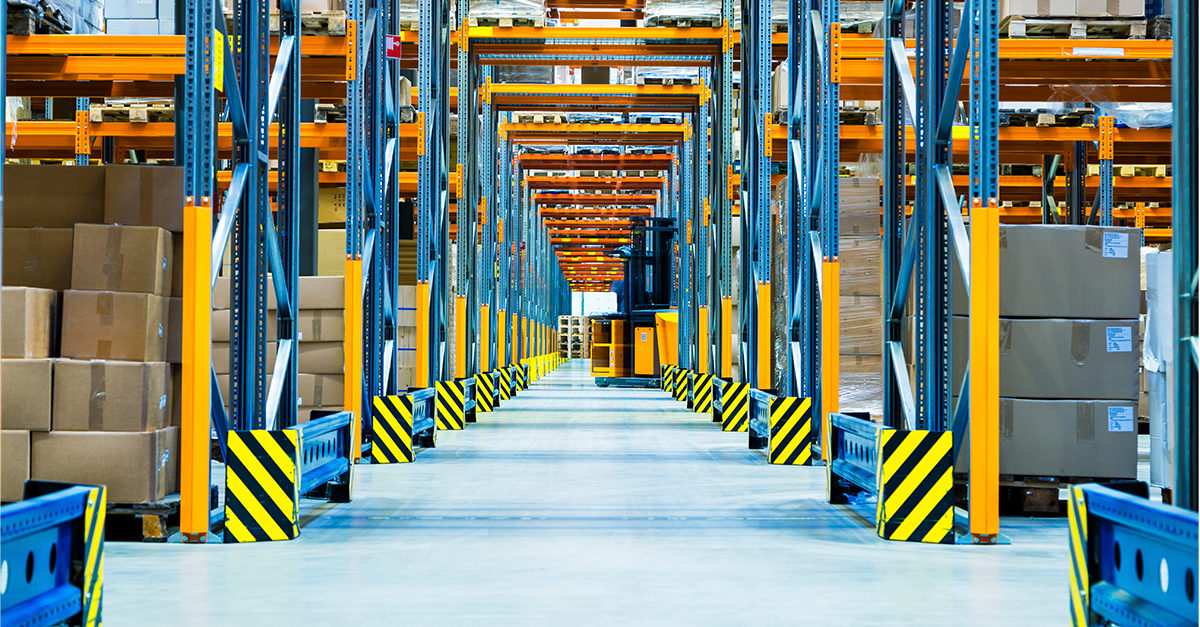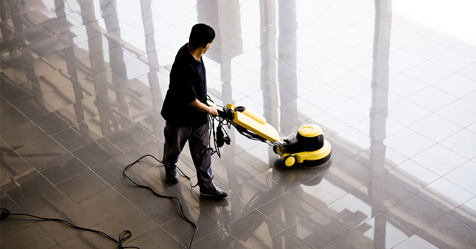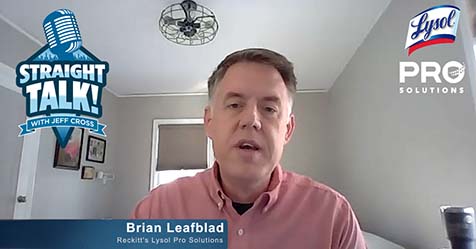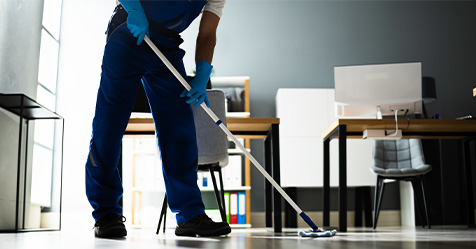“Reshoring” is a relatively new term for many Americans. It refers to companies that may have moved manufacturing and production operations to China and other countries in the past 10 to 15 years, but are now bringing those operations back to the United States.
According to The Boston Consulting Group, large manufacturers are increasingly moving production back to the United States from China. As indicated by its 2014 survey of U.S.-based senior executives at manufacturing companies with annual sales of at least US$1 billion, the number of respondents who said their companies were currently reshoring to the United States from China increased 20 percent from the previous year.
There are many reasons for reshoring. Mostly it is because wages paid to workers in China and other parts of Asia have increased to the point that it no longer makes economic sense to manufacture overseas. Other reasons can be cited as well—transportation costs, quality issues, etc.—but the bottom line is this: If these operations are moving back to the United States, these large companies will either re-open manufacturing facilities that were closed or build new ones to manufacture goods. These locations will need to be clean, potentially opening doors to cleaning service providers.
The main concern when cleaning factories or industrial locations is the floor. While many cleaning professionals are well versed on caring for floors in schools, commercial office buildings, and similar facilities, floor care in an industrial location can be an entirely different ball of wax. However, with some understanding of how industrial locations are used and the special needs of their floors, this can prove to be a lucrative opportunity for many cleaning contractors.
Equipment Needs
Take a minute and picture a factory in operation. Let’s say our imaginary factory is making plumbing products for large commercial facilities. Steel is being heated and hammered by hand and by machine; conveyor belts are running throughout the facility; an assembly line area is packaging products as they come off the assembly line; and machines and people are moving from one area of the plant to another. As you can imagine, a floor like this sees considerably more wear and tear than a classroom floor. Most likely, the factory floor is a vinyl composite tile (VCT) floor, which is made especially for heavy-duty traffic, or a concrete/cement floor. Additionally, it is likely much larger than the types of floors cleaning contractors are accustomed to seeing.
The types of machines that can tackle this type of landscape and keep industrial floors clean are larger walk-behind sweepers as well as auto scrubbers, such as a large walk-behind machine or a ride-on system.
The sweeper, in particular, needs to be a battery-powered system designed to safely pick up all types of debris, even hard-to-pick-up items, such as sand, packaging materials, metal scraps, clips, etc. When selecting a sweeper, check how many square feet the machine is designed to clean. The more area it can clean, the greater the work productivity. And because dust can be a real problem in industrial locations, a sweeper with an advanced air-filtration system is highly recommended to protect the health of the user and workers.
When it comes to discussing automatic scrubbers, let’s make sure we are all on the same page. Depending on the task at hand, the most common type of automatic scrubber is a machine that applies cleaning solution, then scrubs, cleans, wet vacuums, and squeegees the floor dry all in one pass.
Depending on the layout of the industrial floor, a ride-on machine may be needed; if so, a machine with a 26- or 33-inch cleaning path and a large solution tank—up to 30 gallons—is recommended. The steering radius of the machine is also important. Users may need to move in and around industrial equipment as well as make sharp turns, so a machine that has a lower steering radius and is easy to maneuver will likely be necessary. If a walk-behind model is used, it should also be a large machine, and even more important, it should have an easily accessible long-life rechargeable battery. A corded machine will not work on a large industrial floor.
Chemical Selection
The types of chemicals used on an industrial floor can vary depending on the type of industrial facility. In the imaginary plumbing factory we discussed earlier, let’s say the floor is sealed or has an epoxy coating. This can make cleaning the floor much easier because a number of floor cleaning chemical solutions are available to use. Many, if not most, of them have environmentally preferable alternatives. When it comes to chemical selection, however, some experimentation may be necessary, especially if a green cleaning solution is chosen. They are not all alike, nor do they all perform equally well on all types of floors. Working with an astute janitorial and sanitation supply distributor who is familiar with industrial floors and green floor care products can simplify the selection process.
Consider some other examples. What if grease buildup is a problem in this location? Or what if the industrial floor is in a food processing location where grease and oil build up quickly during the course of the day? Degreasers will likely be necessary, and once again, the appropriate chemical selection can be expedited with advice from a knowledgeable distributor.
Tips in General
Moving beyond the fine points of the equipment and chemical needs, the following are some general tips when cleaning and maintaining industrial floors:
- Put safety first. Before starting any floor care program, walk through the entire area that needs to be cleaned to become familiar with how areas are used and how that usage impacts the floor. Are there steps? Does the floor slope in some areas? Are there floor drains? Make sure you have a complete picture of the floor and its special needs and idiosyncrasies.
- Have a plan. Prepare a written program with a set work procedure that includes task frequencies and the chemicals and equipment to use on this specific floor. Review a copy with the client to see if they are in agreement with your plan.
- Establish expectations. Some areas of an industrial floor may receive more wear and tear than other areas, and these may develop into problem areas that may need more cleaning attention. Even with more attention, it may be difficult to keep these areas clean enough to match the appearance of other areas of the floor. Note these areas before work begins, or as soon as they are discovered, and review them with the client, who can then make an informed choice about how much time, effort, and financial investment to put into these areas.
- Invest in high-quality equipment. The floor care equipment that you select is nothing less than your right hand—that’s how important it is. Quality, high-efficiency machines can make your job easier, faster, and less stressful. This is no place to cut corners or to try a machine just because it costs less. As a contractor, you should view selecting quality equipment as an investment in your staff, your client’s building, and the longevity of your accounts.
The Importance of Trends
Cleaning contractors must always pay attention to trends. While many industrial locations have closed down during the past 20 years, with reshoring, many of these facilities are reopening and new ones are opening, too. Contractors want to pay attention to this particular trend, for it can prove very lucrative for their business.




